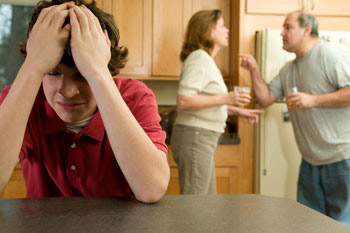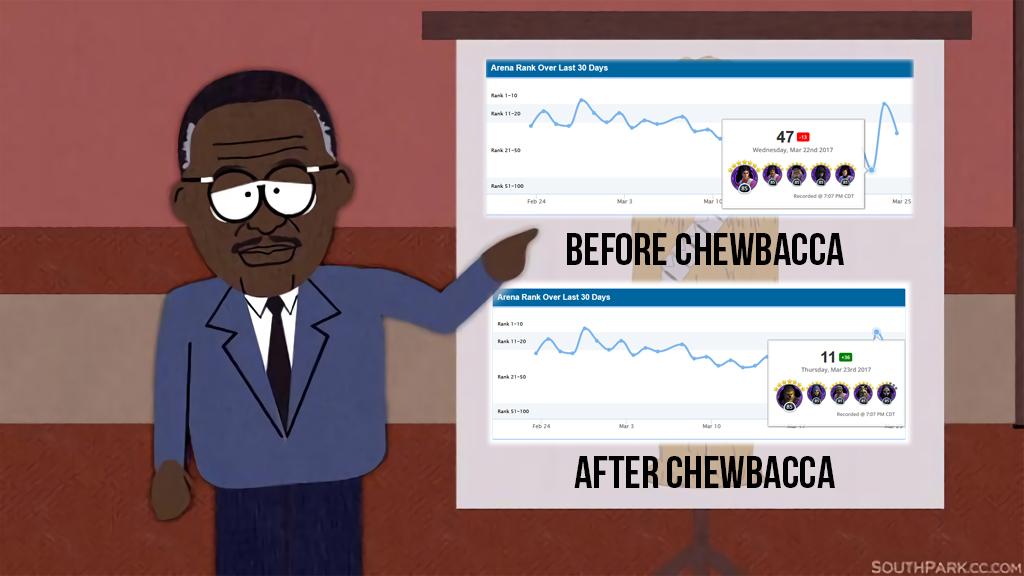If you have kids and are divorcing an alcoholic or considering it, prepare for some additional difficulties. An alcoholic parent who is still drinking but is in denial may want to have custody of your children. But you know that the person can be a danger to the kids. If it is difficult to trust them and they are prone to drinking, then you must find a way to protect your children.
Laws vary from state to state, so you will have to research your local statutes and talk to an attorney near you. But let’s look at some general principles when it comes to excessive drinking, raising children, and divorce.
Protecting Your Kids
Generally speaking, courts will consider the best interests of the child when making decisions about custody, support, and other aspects of the divorce. If your spouse denies that they have a drinking issue, you will have to prove otherwise to the state.
In California, for example, Family Code section 3011 states that alcohol abuse is a consideration when evaluating the children’s best interests. The statute provides that the court will consider the following:
The habitual or continual illegal use of controlled substances, the habitual or continual abuse of alcohol, or the habitual or continual abuse of prescribed controlled substances by either parent. Before considering these allegations, the court may first require independent corroboration, including, but not limited to, written reports from law enforcement agencies, courts, probation departments, social welfare agencies, medical facilities, rehabilitation facilities, or other public agencies or nonprofit organizations providing drug and alcohol abuse services. As used in this subdivision, “controlled substances has the same meaning as defined in the California Uniform Controlled Substances Act, Division 10 (commencing with Section 11000) of the Health and Safety Code.”
If your spouse has alcohol or drug-related criminal offenses, that will be considered by the court. For better or worse, if your alcoholic spouse has managed to stay out of trouble and never sought treatment, proving the disease is more difficult. But it can be done.










